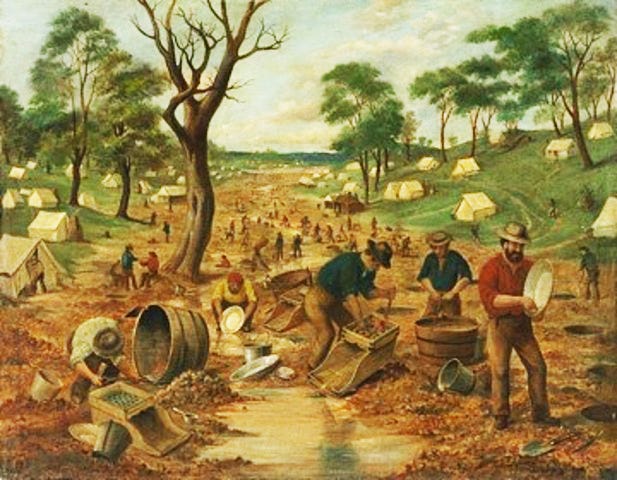The Confederate Cherokee
Stand Watie was a native Indian brigadier general in the Confederate Army
Of all the odd things they never would have told you in school, consider ranking the strange career of Stand Watie close to the top in the category of least likely. Watie doesn’t conform to the image many Americans have of the Indians, having long been steeped in cowboy movie stereotypes, generally focused on those Indians of the North-American plains and in the southwest, galloping all feathered up and whooping half-naked on horses with no saddles and speaking the Hollywood pidgin dialect of Tonto (“Him bad, Kemo Sabe. Him no speak truth.”)
But from the earliest days of European settlement, some of the tribes inhabiting lands east of the Mississippi River were considered accomplished in matters of government and trade and were seen as having worthy cultures and diplomatic skills. Among those five tribes, the Cherokee of what is now Georgia and the Carolinas, stood out. By 1800, some of their people had adopted the practice of land holding and had become wealthy.
One of these was Standhope Ouwatie,who later changed his name to Stand Watie, educated in the Moravian Mission School in Spring Place, Cherokee Nation (now Georgia).
Watie was to become deeply involved in the murderous, inter-tribal rivalries between Cherokee factions. Many resisted government attempts to steal their native lands while many others sided with the government. Watie and his well-to do family moved to the west, where he became a slave-owning landholder on a thriving plantation in Oklahoma’s Indian Territory. He and his relatives were targeted by the holdout Cherokees for execution as were many tribal members who had signed the treaty to expel them. Watie’s brother, uncle and cousin all were murdered by fellow tribesmen for signing the treaty. Watie himself avoided the same fate only by the accident of not being where was expected to be by the plotters.

When the Civil War broke out, Watie organized a cavalry regiment and in October, 1861, was commissioned a colonel in the First Cherokee Mounted Rifles.
Find out about some of Stand Watie’s battles and what heppened to him after the Civil War by becoming a paid subscriber.
Keep reading with a 7-day free trial
Subscribe to Eat Your History to keep reading this post and get 7 days of free access to the full post archives.




